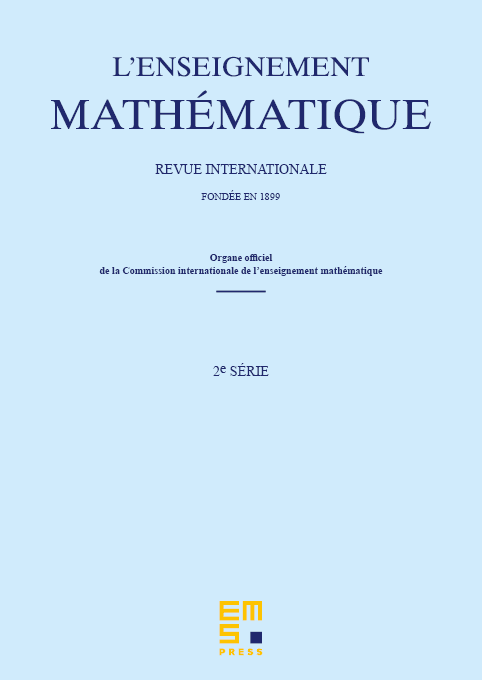Quadratic Form made a Perfect Power by a New Composition Theorem on Arbitrary Quadratic Forms
Ajai Choudhry
Old J.N.U. Campus, New Delhi, India

Abstract
This paper deals with the diophantine equation , where and are arbitrary positive integers and is an arbitrary quadratic form in the variables . While solutions of special cases of this equation have been published earlier, the general equation of this type has not been solved till now. To solve this equation, we first show that, given an arbitrary quadratic form in variables, there exists a composition formula where and () are arbitrary variables and the () are cubic forms in the variables and (). This is a new composition formula, different from the standard composition formulae of the type which are known for certain classes of quadratic forms. As the equation is not always solvable, we prove a theorem giving a necessary and sufficient condition for its solvability. We use the aforementioned composition formula to obtain parametric solutions of the equation , and also give some numerical examples.
Cite this article
Ajai Choudhry, Quadratic Form made a Perfect Power by a New Composition Theorem on Arbitrary Quadratic Forms. Enseign. Math. 57 (2011), no. 1/2, pp. 91–102
DOI 10.4171/LEM/57-1-4